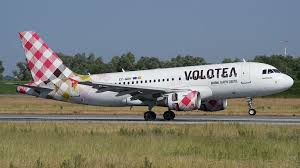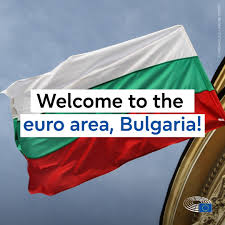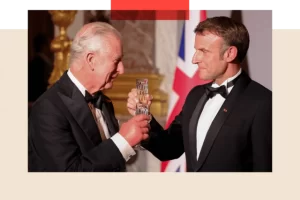Indonesia-Pakistan collaboration: Religious diversity, youth initiatives, and economic ties take center stage

Jakarta: Ministry of Foreign Affairs of Indonesia facilitated a panel discussion titled ‘The Role of Youth in Religious Diplomacy and Interfaith Dialogue’, fostering dialogue between the visiting delegation of prominent religious scholars and intellectuals from Pakistan, the Santri Diplomacy Academy, and the Indonesian Christian Youth Movement the other day.
In the discussion, a representative from Pesantren (madrasa) highlighted the Santri Diplomacy Academy’s efforts in building a peaceful world free from violence. He shared that Indonesia boasts 39,000 madrasas promoting interfaith dialogue through diverse ‘Youth Exchange Programs’ across various nations.
The representative from the Indonesian Christian Youth Movement provided insights to the delegation, outlining the movement’s objectives of fostering spirituality, nationalism, and a sense of national identity among Christian youth.
Shedding light on the strength of Indonesia’s cultural and religious diversity, the movement successfully addresses conflicts by adhering to the principles of Pancasila, he added.
He, acknowledging their collaborative role, mentioned active participation in government consultations, with a designated representative conveying the priorities and concerns of the youth to the government.
The Pakistani delegation, consisting of Ulema and scholars, conveyed their appreciation for the invaluable opportunity of mutual learning. Emphasizing that Pakistan, with 65 percent of its population under 35 years, is a youthful nation, they underscored the pivotal role played by the country’s youth in advancing peace and progress.
In a similar vein, they expressed their commitment to drawing inspiration from the Indonesian experience and the model of religious moderation, acknowledging the significance of such practices in fostering harmony and progress.
Later, the delegation also engaged with representatives of the Committee for Inter-Parliamentary Cooperation.
Committee for Inter-Parliamentary Cooperation Chairperson Dr. Fadli Zon who is politically affiliated with the Great Indonesia Movement Party conveyed in his welcoming address that the diplomatic ties between Indonesia and Pakistan commenced in 1950 and have flourished ever since.
He said the two nations share common ground on numerous global matters, standing shoulder to shoulder, particularly on pressing issues like Palestine. He said both countries vehemently condemn the atrocities occurring in Palestine.
He said Indonesia and Pakistan remain committed to fostering open trade and economic cooperation. He said the active participation of two countries extends to various international forums, ranging from regional entities like the Asian Parliamentary Assembly to global platforms such as the Inter-Parliamentary Union and the International Parliamentarians Congress.
Barrister Muhammad Ali Khan Saif, representing the Pakistani delegation, expressed his pleasure at the opportunity to meet with Indonesian parliamentarians. He emphasized the shared goal of exploring avenues for mutual cooperation.
Impressed by Indonesia’s religious tolerance, particularly evident in interactions with the country’s two largest Muslim movements, he acknowledged Islam’s prominent role in Pakistan, marked by both positive and challenging experiences.
Barrister Saif expressed a keen interest in learning from the successful conflict management experiences of Indonesian brothers and other Muslim nations.
At the conclusion of the event, International Research Council for Religious Affairs (IRCRA) President Muhammad Israr Madani, presented a commemorative shield to Committee for Inter-Parliamentary Cooperation Chairperson Dr. Fadli Zon. Additionally, Indonesian parliamentarians extended a souvenir to the delegation.
Putu Supadma Rudana of the Democratic Party, Dr. Sukamta, and Wisnu Wijaya Adi Putra of the Prosperous Justice Party, and Muhammad Ali Ridha, Golkar Party were also present during this diplomatic interaction with Pakistani delegation.
The diverse delegation included individuals Muhammad Israr, President of IRCRA; Maulana Muhammad Tayyib Tahiri, Head of Jamat e Ishaat wa Tauheed; Barrister Zafarullah Khan, Politician and Writer/Author; Mufti Nouman Naeem, Head of Jamia Binnoria, Karachi; Maulana Rashid ul Haq Sami, Deputy Vice Chancellor of Darul Uloom Haqqania, Akora Khattak; Senator Barrister Muhammad Ali Khan Saif; Beenish Irfan Khan, Social Activist; Malik Habib Orakzai, Chairman of the Pakistan International Human Rights Organization; Mujtaba Muhammad Rathore, Freelance Journalist; Muhammad Ismail Khan, Political Analyst and Policy Expert; Farkhanda Mansoor Zia, Seasoned Academician; Ejaz-ur-Rehman, Socialist; and Syed Rashad A.S. Bukhari, Director of Communication and Development at IRCRA.





